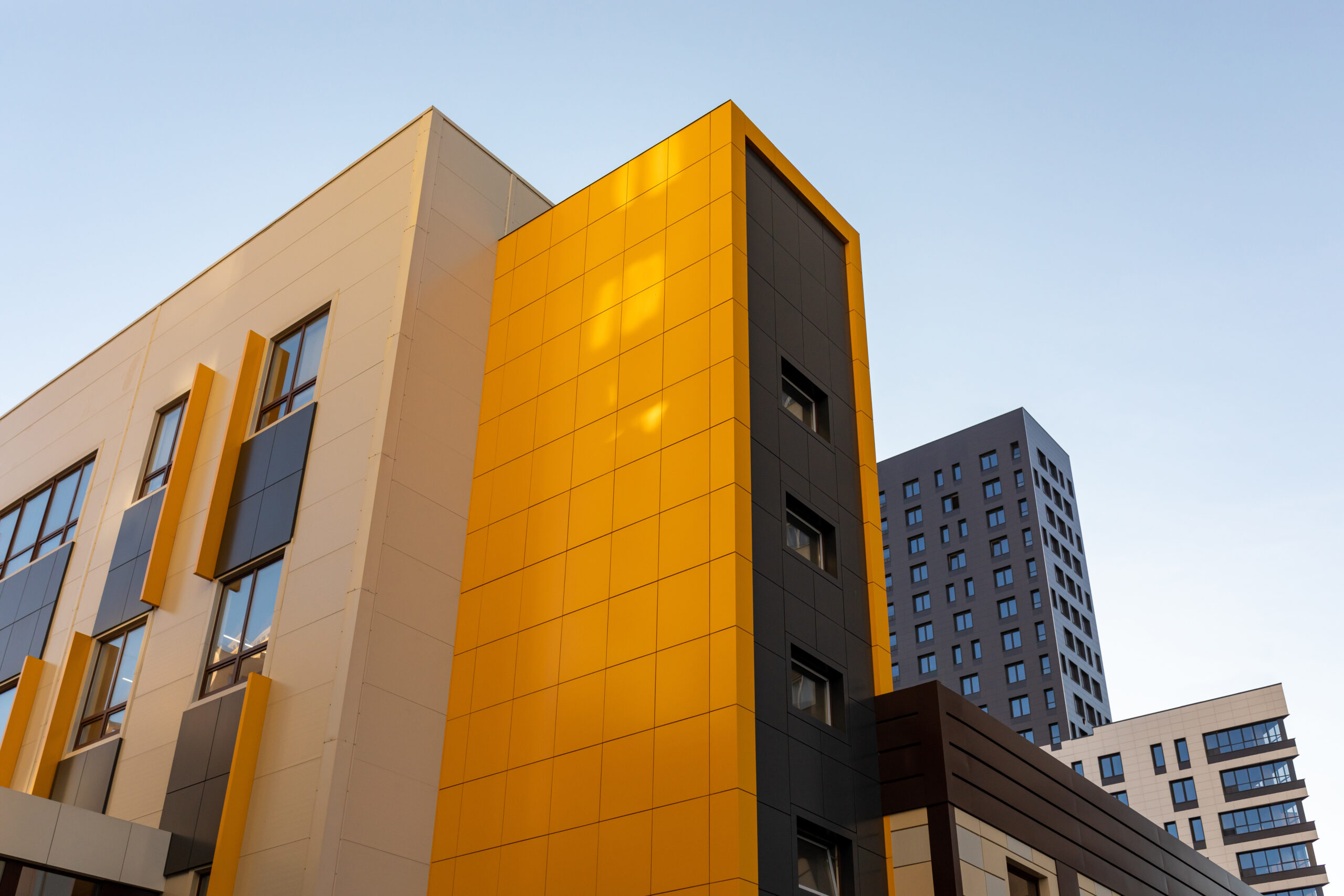Squatters in commercial property

Squatting in commercial property has become an increasing concern for landlords, particularly in recent years. While squatting in residential properties is a criminal offence, the same level of protection does not extend to commercial buildings. As a result, property owners often face legal and logistical challenges when trying to remove unauthorised occupants. This article explores the rise of squatters in commercial premises, the legal process for regaining possession, and practical considerations for landlords.
What is a squatter?
A squatter is someone occupying a premises unlawfully, or without the permission from the person entitled to possession of the premises. Trespassing in commercial premises is generally only a civil matter, unless the squatters commit a criminal offence whilst in occupation.
Rise of squatters in commercial property
In recent years, there has been an increase in squatters occupying in commercial property. One possible explanation for this is the introduction of the Legal Aid, Sentencing and Punishment of Offenders Act 2012, which made squatting in residential buildings a criminal offence, but did not extend this to include commercial premises. Therefore, squatters are now driven towards commercial buildings instead, where there is a much lower risk of prosecution.
Regaining possession from squatters in commercial property
Unlike residential buildings where immediate police involvement could assist in the recovery of possession, the only way to legally recover possession of a commercial building is to obtain and, if necessary, enforce a possession order from the courts. This can be a time-consuming process as it can involve:
- Preparing a claim
- Issuing the claim at the nearest county court to the premises in question
- Serving the papers on the trespassers
- Attending court
- Enforcement of the court order by bailiffs or certified enforcement agents.
It is not uncommon for claims of this nature to take four weeks or more to reach a conclusion. During this time the landlord is deprived of their premises.
Is there a quicker way to remove squatters from commercial property?
Perhaps. Landlords can apply for an interim possession order which is intended to provide an easier and quicker way of recovering possession of a property. The following conditions need to be met:
- The only claim being made is for possession
- The party making the claim has an immediate right to possession, and has had such a right throughout the whole period of alleged unlawful occupation
- The claim is made within 28 days of the date on which the claimant first knew, or ought to reasonably have known that the defendant was in occupation
The process still involves preparing a claim (and separate application), issuing it at court and then serving it at the premises. However, the hearing ought to be (though is not always!) quicker and, if successful, the order requires the trespassers to leave within 24 hours and provides criminal sanctions if they do not. Herein is the downside. It can only be enforced by the police who are not always able/willing to provide support. In this case, a normal possession order must be obtained thereby throwing the whole process back by many weeks.
Practical considerations for landlords
The top priority for landlords who are faced with squatters is time, i.e. how quickly can I get back my premises? Whether or not the interim possession order route is quicker depends entirely on:
- whether the squatters take note of the order requiring them to leave, and
- whether the police assist.
With resources stretched to unprecedented levels the safest route to recover commercial premises is to follow the standard possession route and ensure that your solicitor is adept at the process.

Disclaimer
This information is intended for general informational purposes only and does not constitute legal advice. We recommend seeking professional advice before taking any action on the information provided. If you would like to discuss your specific circumstances, please feel free to contact us on 0800 2800 421.




